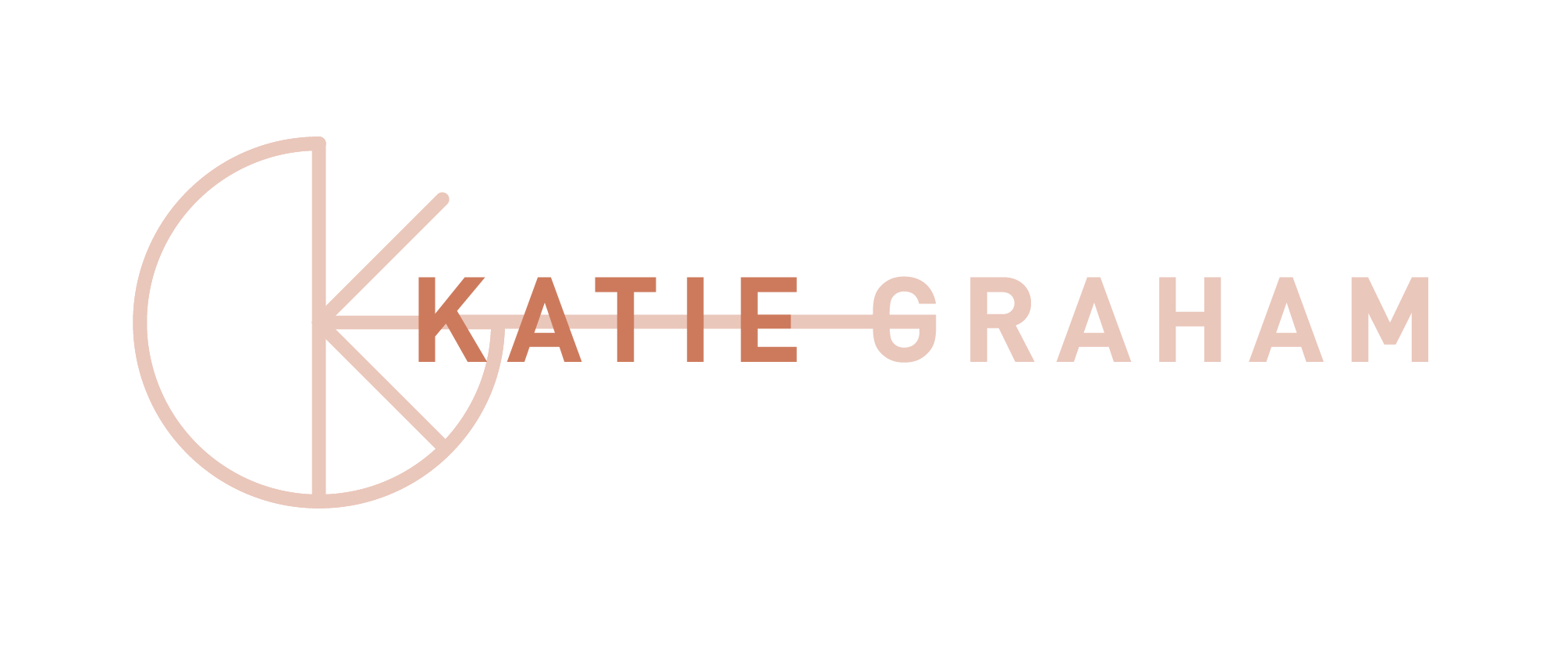‘Does it spark joy?’ Why strategic minimalism is the key to sustainable business
There is much (necessary and valuable) conversation happening around how businesses can be environmentally sustainable and balance purpose and profits. But for me, it’s just as important to be talking about how we can ensure that actually running these businesses is sustainable for the humans at the helm. That’s you.
Reframing sustainability in business
Being sustainable in this context means many things. It’s about headspace. It’s about simplicity. It’s about finding that perfect fusion between work and life. It’s about digging deep into the numbers and asking how you can structure your business to ensure that you have not only financial freedom, but freedom to carve out space for the things that ground you and fuel you on a daily basis. It’s examining how to scale in a strategic way that keeps the business flourishing, your passion and motivation alive, all while keeping your energy investment manageable.
This search for sustainability lies at the crux of everything I do with my clients. And it comes from a deeply personal place. I truly know the importance (and transformative power) of headspace, because I haven’t always had it. Before making the transition to a freelance life in Byron, I operated in fight or flight mode in busy Sydney agency land for way too long. I worked on amazing big brands, with the budgets that meant I could do all of the awesome, never-done-before things, but it completely burnt me out and ultimately wasn’t sustainable for my head, my heart, or my health. That world is not for me, because I’ve learned that what I truly value is my freedom.
That’s why I love Seth Godin’s take on business growth. In a recent podcast, he asked the question: “How few people do we need to influence so we can keep doing what we want to do tomorrow?” This question completely flips our obsession with vanity metrics on its head. It drives home the importance of truly knowing who you need to be talking to and why, and rejecting all that is extraneous to that. At its heart, it’s about strategic minimalism.
Taking a leaf from Marie Kondo’s book
There’s no doubt that Marie Kondo has tapped into the zeitgeist—a widespread longing for simplicity and order in a society that has largely been operating on a ‘more is better’ principle. The truth is, people are overwhelmed with the amount of clutter and material possessions in their everyday life, and the same is true for many business owners, particularly solo founders or small business owners who are often trying to do it all themselves.
It’s very easy to get caught in the trap of thinking we have to jump aboard every new, shiny marketing tool or chase down every lead. But in the pursuit of strategic minimalism, it’s far more beneficial to consider every element of your business and ask yourself, ‘What can I subtract or simplify?’, or, in the inimitable words of Marie Kondo, ‘does it spark joy?’
All opportunities are not created equal
One of the biggest mistakes many small business owners make is thinking they need to say yes to every single opportunity that comes their way. The truth is, not every opportunity is right for your brand and where your business is at that exact moment in time. But all of them take up your valuable time and headspace. We’ve all had those opportunities we’ve said yes to that have taken up too much time and energy, for too little reward.
If you can get better at filtering through these opportunities that aren’t quite the right fit, or take up more energy than they’re worth, you will make space for better opportunities and have more energy to deepen relationships with your best customers—a win for your headspace, and for your bottom line.
If you can’t subtract, then automate
We all naturally gravitate towards some things more than others, based on our skillset, our experience and our tastes. While there are certainly elements of business that are essential, there are also a lot of activities that I see small business owners spending time on that they are simply doing because they think they have to.
If you don’t enjoy writing that monthly e-newsletter (and don’t see any real ROI on your time investment) then you know what? Don’t do it. Nobody said you had to, and if they did, you don’t actually have to take that advice on if it isn’t right for your business. Liberating, right?
The key here is to do your numbers and work out what is essential, and what only appears to be essential. For those activities that are essential but not enjoyable to you, do your research. Find out if you can automate or outsource them. By removing all that busy work and setting up systems and processes for your unwanted tasks, you are giving yourself the headspace and the freedom to focus on the areas of business you actually enjoy.
The end result? A simpler, more sustainable business. One which will give you mental, emotional and financial freedom for many years to come.
